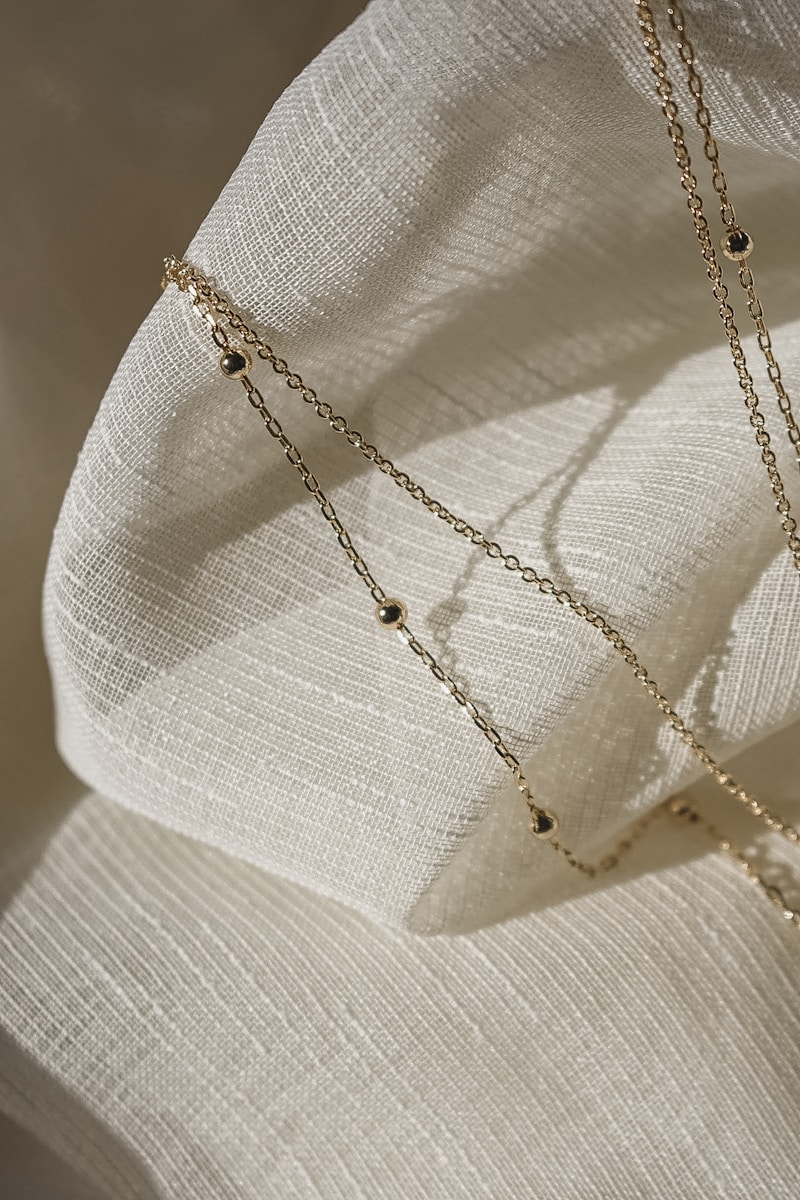As the global conversation around ethical consumption intensifies, the jewelry industry finds itself at a critical crossroads. The importance of fair trade practices in this sector cannot be overstated. These practices not only promote economic fairness but also empower communities, ensure sustainable sourcing, and enhance transparency. Here’s an in-depth look at why fair trade is essential in the jewelry industry.

1. Empowering Artisans and Miners
Fair trade practices prioritize the empowerment of artisans and miners by ensuring they receive fair wages for their work. In many regions where gemstones and precious metals are mined, workers often face exploitation, long hours, and inadequate compensation. Fair trade initiatives focus on providing living wages that allow artisans to support their families and invest in their communities. This empowerment fosters a sense of dignity and pride among workers, encouraging them to take ownership of their craft.
2. Ethical Sourcing of Materials
A critical aspect of fair trade is the ethical sourcing of materials. Traditional mining practices can lead to significant environmental degradation and social injustices, including child labor and worker exploitation. Fair trade-certified gemstones and metals come from mines that adhere to strict ethical standards, ensuring that resources are extracted responsibly and sustainably. By supporting fair trade practices, consumers can help reduce the negative impact of mining on the environment and local communities.
3. Promoting Sustainable Development
Fair trade practices contribute to sustainable development by implementing environmentally friendly mining techniques and promoting community well-being. Many fair trade organizations work with local communities to introduce sustainable methods that reduce the ecological footprint of mining operations. This includes minimizing water usage, avoiding harmful chemicals, and restoring mined areas. By investing in sustainable practices, fair trade initiatives help ensure that natural resources are preserved for future generations.
4. Supporting Community Initiatives
Fair trade in the jewelry industry often extends beyond individual artisans and miners. A portion of profits generated from fair trade sales is reinvested into community development projects, such as education, healthcare, and infrastructure. These initiatives help improve the overall quality of life for community members, empowering them to pursue better opportunities and fostering long-term stability. By supporting fair trade jewelry, consumers contribute to a broader vision of community upliftment and resilience.
5. Transparency and Accountability
Transparency is a hallmark of fair trade practices. Jewelry brands that commit to fair trade must provide clear information about their supply chains, including where and how their materials are sourced. This transparency builds trust with consumers, allowing them to make informed purchasing decisions. Moreover, it holds brands accountable for their practices, encouraging them to maintain high ethical standards throughout their operations.
6. Consumer Demand for Ethical Products
Today’s consumers are increasingly aware of the ethical implications of their purchases. There is a growing demand for jewelry that aligns with values of sustainability and social responsibility. Fair trade practices cater to this demand by offering ethically sourced and produced products. Brands that embrace fair trade can differentiate themselves in a crowded marketplace, attracting a loyal customer base that prioritizes ethics in their buying choices.
7. Setting Industry Standards
Fair trade practices help set benchmarks for ethical behavior within the jewelry industry. As more brands adopt fair trade principles, the overall standard for ethical sourcing and production improves. This encourages even more companies to prioritize ethical practices, creating a ripple effect that can transform the industry. By advocating for fair trade, brands contribute to a culture of responsibility and integrity that benefits all stakeholders.
8. Advocacy for Human Rights
Fair trade is closely linked to the advocacy of human rights. By ensuring that artisans and miners are treated fairly and work in safe conditions, fair trade initiatives contribute to the broader fight against exploitation and inequality. Supporting fair trade practices in the jewelry industry is not just about beautiful accessories; it’s about standing up for the rights of workers and promoting social justice.
Conclusion
The importance of fair trade practices in the jewelry industry is multifaceted, impacting economic, social, and environmental dimensions. By empowering artisans, ensuring ethical sourcing, and supporting sustainable development, fair trade initiatives play a vital role in creating a more just and responsible jewelry market. As consumers, choosing fair trade jewelry is a powerful way to advocate for ethical practices and contribute to positive change. By supporting fair trade, we can help build a jewelry industry that honors both people and the planet.